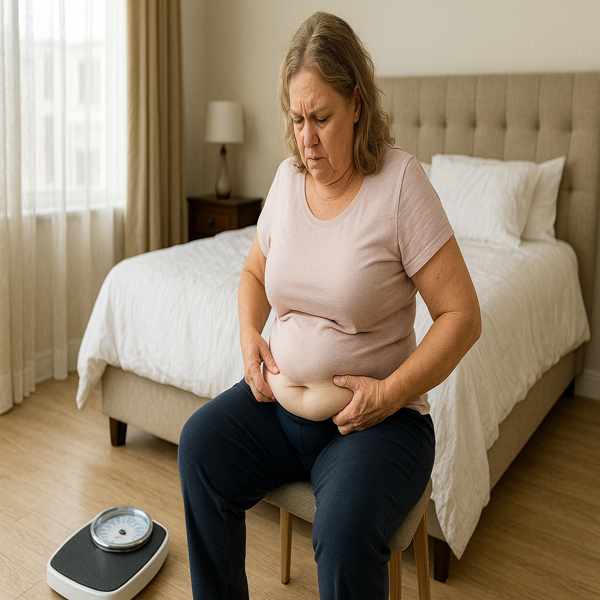Weight Loss After Hysterectomy
Weight Loss After Hysterectomy
Blog Article

While a hysterectomy can bring relief from various health issues, it often comes with hormonal and metabolic changes.
Whether you’ve had a partial, total, or radical hysterectomy, there are ways to support your body with the right strategy and mindset.
What Happens to Your Body After Surgery
These changes can affect metabolism, energy, and how your body stores fat.
Key reasons for post-surgery weight gain include:
- Hormonal imbalance (especially after oophorectomy)
- Reduced physical activity during recovery
- Changes in appetite or emotional eating
- Loss of muscle mass
Yes, You Can Lose Weight — With the Right Plan
The good news is that weight loss after hysterectomy is entirely possible.
Eating for Hormonal Balance and Weight Loss
Focus on:
- High-fiber, whole-food meals
- Lean proteins
- Healthy fats (like avocado, olive oil, omega-3s)
- Minimizing sugar and refined carbs
- To manage hunger and improve digestion
Consider working with a dietitian familiar with hormonal health for more personalized guidance.
Best Workouts for Recovery and Fat Loss
Once your doctor clears you for activity, start slow and stay consistent.
Recommended exercise includes:
- Walking
- Helps build muscle and boost metabolism
- Great for core recovery and flexibility
- Low-impact cardio (cycling, elliptical)
Aim for a combination of strength, cardio, and flexibility training for well-rounded fitness.
Supporting Balance After Hysterectomy
If your hysterectomy included ovary removal, hormone fluctuations may be more intense.
Natural support options:
- Like black cohosh, maca, or ashwagandha
- Yoga, meditation, or breathing exercises
- Good sleep habits
- Essential for hormone production and mood
You may also discuss HRT (hormone replacement therapy) with your doctor depending on your situation.
Self-Care Is Part of the Journey
After surgery, emotions like anxiety or sadness can affect motivation and eating habits.
Practice:
- Daily self-check-ins
- Great for processing emotions and habits
- Joining support groups
Being Realistic with Your Expectations
Every body heals differently.
Helpful reminders:
- Be consistent and patient
- Every pound and habit counts
- Energy, strength, and confidence matter too
Conclusion
With more info the right combination of nutrition, movement, and self-care, you can feel strong and healthy again.
Give yourself time, surround yourself with support, and keep moving forward. Report this page